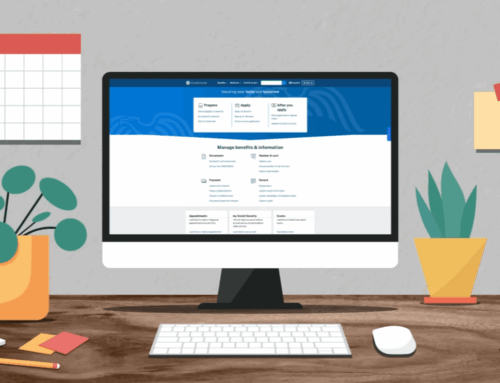
Unfortunately, saving a ton of money in your 401(k) isn’t the last step in your retirement plan. You might think that if you have a lot of money in your 401(k), then you don’t have anything to worry about. But there are still strategies and complexities to retirement even after you’ve saved up.
To put this in perspective, most financial professionals divide retirement plans into two broad categories. The first is the accumulation phase. This is where you save and build up your nest egg while you’re still working. If you have a lot saved in your 401(k) and you’re headed into retirement in a few years, you’re still in the accumulation phase. The second phase is the distribution phase. This is when you start to withdraw your funds and pull from your various income sources.[1]
So, what are some things you need to know about the distribution phase?
The 4% rule: This is a guideline that some people use to plan how they’ll withdraw from their retirement accounts. The idea is that you aim to grow your retirement savings to a level so that if you were to withdraw 4% in a given year, it would cover your yearly expenses. If you only withdraw 4% of your accounts each year, your investments may last a long time, given the average return of a well-balanced portfolio.[2] This isn’t the only strategy for withdrawal and is surely not one that is tailored to you, but it can be helpful to know if you’re not sure how to start thinking about how to turn your savings into income or how much you should take from your accounts.
Sequence of returns risk: Sequence risk is the damage that withdrawing from your account during a bad period of the stock market might do to the longevity of your account. In layman’s terms, if you withdraw from your retirement account when the market dips (especially early on), that might cut the value of your account over the rest of your retirement, given that you’re essentially selling at market lows and locking in losses.[3] There are ways to mitigate this risk! A financial professional can help you understand and prepare for the effects of the market on your income sources and give you some strategies that may help with sequence of returns risk.
The bottom line is that once you start your retirement, there are still a lot of things to know! Having healthy retirement savings isn’t the only thing you need for a great retirement. If you aren’t sure what strategies you need to use when you retire, consider reaching out to one of our professionals today for a complimentary review of your finances.
[1] https://www.investopedia.com/terms/a/accumulationphase.asp#:~:text=Accumulation%20phase%20refers%20to%20the,retired%20and%20spending%20the%20money.
[2] https://www.forbes.com/advisor/retirement/four-percent-rule-retirement/
[3] https://www.investopedia.com/terms/s/sequence-risk.aspWhen considering the options in a 401(k) retirement plan, it’s crucial to understand potential returns. Investment options vary in risk and potential growth, with past performance not guaranteeing future results. Diversification across different assets helps manage risk, and be mindful of fees, as they can impact overall returns. Regular statements provide insights into account activity, while consulting with a financial advisor can offer personalized guidance.
SWG 3446169-0324










